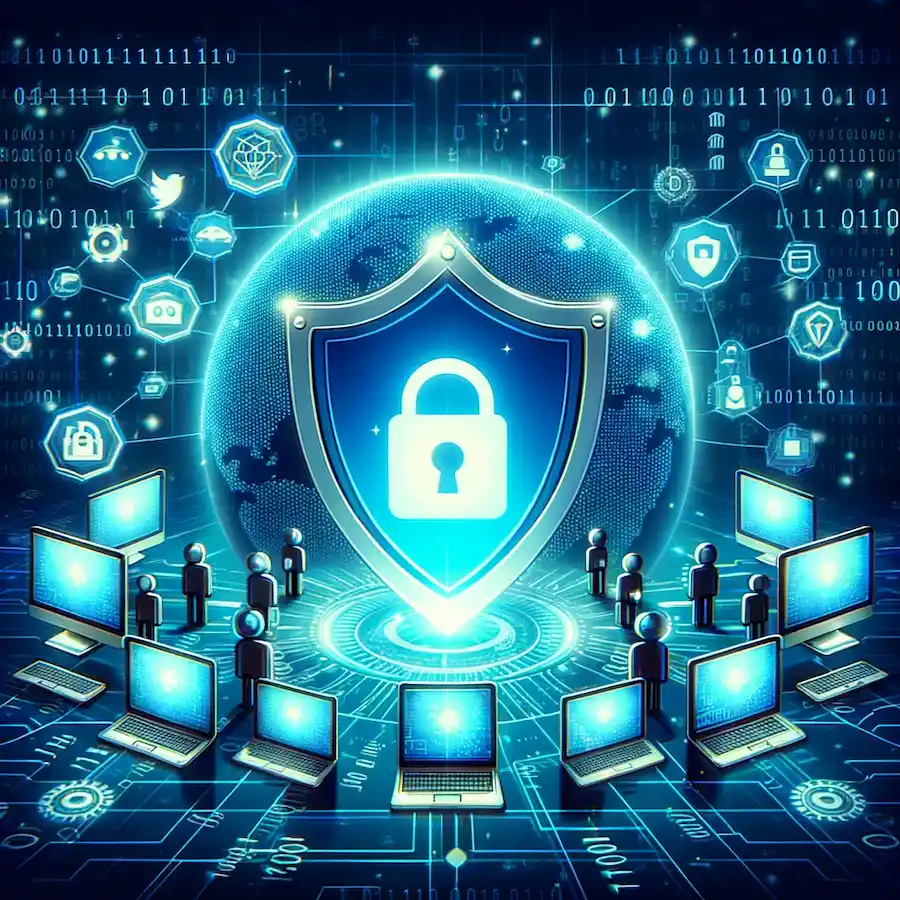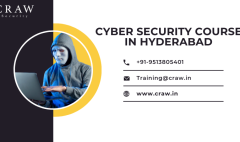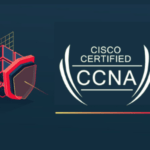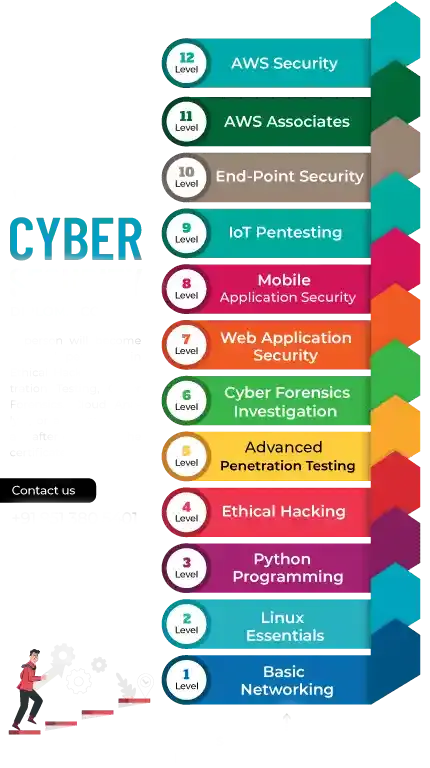7 Essential Online Safety and Digital Protection Tips for 2024
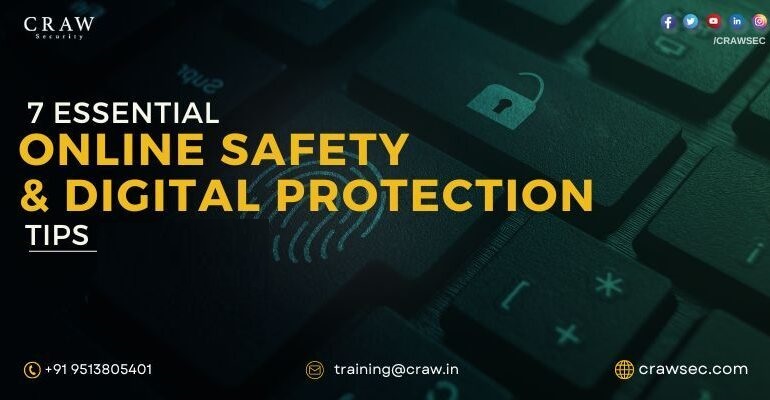
7 Essential Online Safety and Digital Protection Tips for 2024
7 Essential Online Safety and Digital Protection
Introduction
The need to protect our online profile has increased in the age of internet supremacy. Mastering online safety and digital protection guidelines is not just important — it is a need, given the sophistication of cyber attacks. Because of our reliance on technology, we need to be watchful, proactive, and knowledgeable about possible hazards and effective ways to reduce them.
Online Safety and Digital Protection Tips
Recognizing Threats Before They Strike
Awareness is the very first line of defense. Recognize the typical threats:
- Phishing Emails: Users are tricked into divulging personal information by these fraudulent emails.
- Ransomware Attacks: A virus that keeps users locked out until a ransom is paid.
- Spyware: Monitors and gathers user data discreetly.
Taking Proactive Measures
Prevention is preferable to treatment. Here are some preventative actions:
- Regular Software Updates: Keep your software updated, especially your security applications.
- Multi-factor Authentication: Use a variety of verification techniques.
- Backup Regularly: Always create numerous copies of your data.
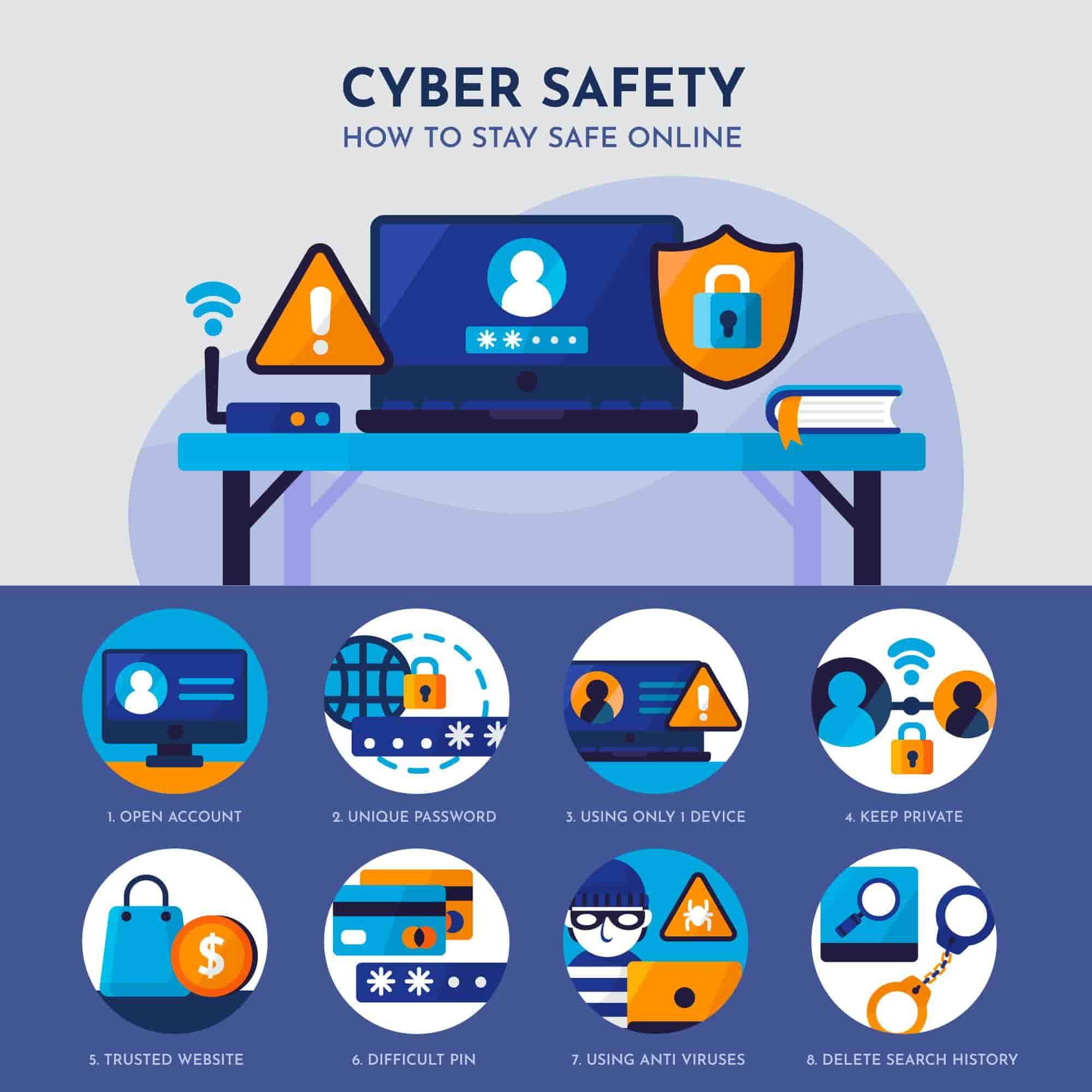
Protecting Personal Information Online
Despite the allure of sharing our lives online, prudence is essential.
- Limiting Social Media Footprint: Think twice before revealing confidential details like your phone number or address.
- Avoid Public Wi-Fi for Sensitive Transactions: Hackers can easily access public networks.
- Encrypt Personal Data: To protect your data, use encryption techniques.
Setting Strong and Unique Passwords
Our main line of security against unwanted access is passwords.
| Use a Password Manager | Complex passwords can be difficult to remember. Password managers may be useful. |
| Avoid Common Passwords | A big no to “123456”, “password” and “admin.” |
| Change Passwords Regularly | Every three to six months, change your passwords. |
Educating the Young and Elderly
The elderly and the young are both potential victims.
| Discuss Online Etiquette | Inform kids about the risks of sharing private information. |
| Set Parental Controls | Impose restrictions on who can view what content. |
| Help the Elderly Recognize Scams | Keep older individuals informed because they might not be aware of contemporary scams. |
Staying Updated on the Latest Cybersecurity Trends
The cybersecurity industry is ever-changing.
- Subscribe to Cybersecurity Blogs: Updates are frequently provided by websites like KrebsOnSecurity.
- Participate in Webinars: Online seminars on recent dangers and defenses are frequently held by organizations.
- Join Online Forums: A multitude of information is available on websites like the cybersecurity portal on Wikipedia.
Virtual private networks, or VPNs, are crucial weapons in our toolbox.
- Anonymity Online: VPNs give you anonymity by hiding your IP address.
- Secure Data Transfer: An encrypted VPN ensures secure data transmission.
- Access Restricted Content: Geo-restrictions can be avoided with VPNs.
Role of Antivirus and Antimalware Software
Even now, reliable antivirus software is essential.
- Real-time Protection: These programs scan your system for dangers regularly.
- Regular System Scans: Organize weekly or yearly system inspections.
- Protection Against Multiple Threats: Different dangers can be detected and countered by modern software.
FAQs
About 7 Essential Online Safety and Digital Protection Tips for 2024
1: How often should I change my passwords?
Your passwords should ideally be changed at least once every 3 to 6 months, making sure they are secure and distinctive.
2: Why is public Wi-Fi unsafe?
Public Wi-Fi networks are vulnerable to hacks and eavesdropping because they lack strong security standards.
3: Are VPNs legal?
Yes, VPNs are legal in the majority of nations, but it’s important to research local laws before traveling.
4: How can I recognize a phishing email?
Generic salutations, misspellings, and requests for personal information are frequent features of phishing emails. Always check the sender’s email address because they could imitate well-known brands.
5: What is two-factor authentication?
Before giving access, two-factor authentication involves two verification processes, generally a password and a code delivered to your phone.
6: Is it safe to save passwords in browsers?
Saving credentials in browsers is risky despite being convenient. Use specialized password managers instead.
Conclusion
All in all, we would like to comment that every day, risks to our digital presence increase along with it. However, we can travel through this digital era safely if we have the correct information and resources. You may have a more secure online experience by paying attention to our online safety and digital protection advice. The most important thing to remember is to stay safe.
In addition to this, we would like to say that a person can nicely try to learn all the fundamentals of ethical hacking and cybersecurity under the prominent supervision of a skilled and qualified training instructor in an accredited institution like Craw Security, the Best Cybersecurity Training Institute in India. At the magnificent institutes of Craw Security at Saket and Laxmi Nagar locations, students can nicely learn the most highlighted training specifications under the proactive guidance of amazing instructors.
For more info related to the upcoming batches and other primetime details, you can give us a call at +91-9513805401 and have a word with our valuable educational counselors, who will give you their authentic piece of advice that will literally help you in making up your mind to choose the best cybersecurity course for you


